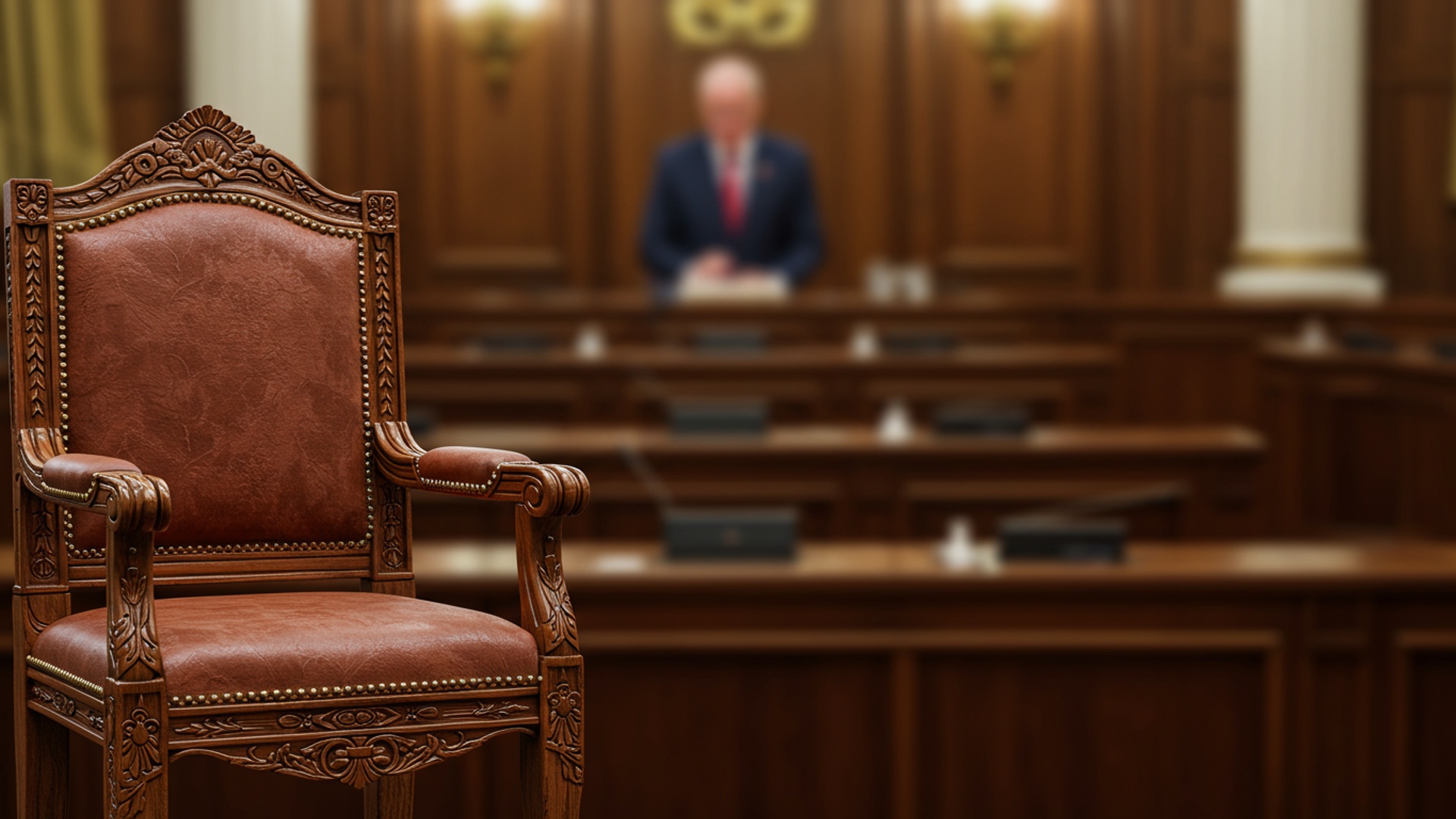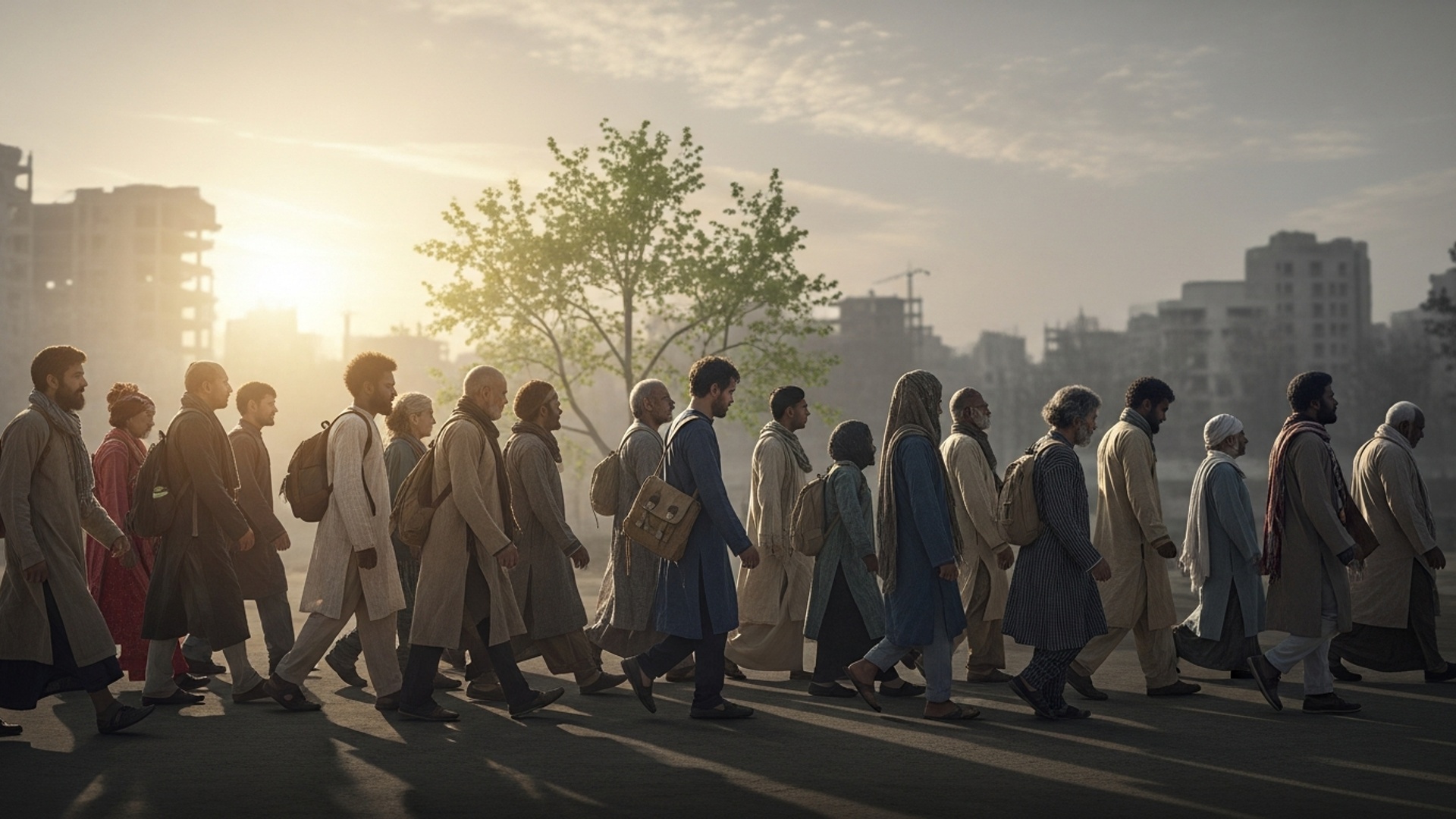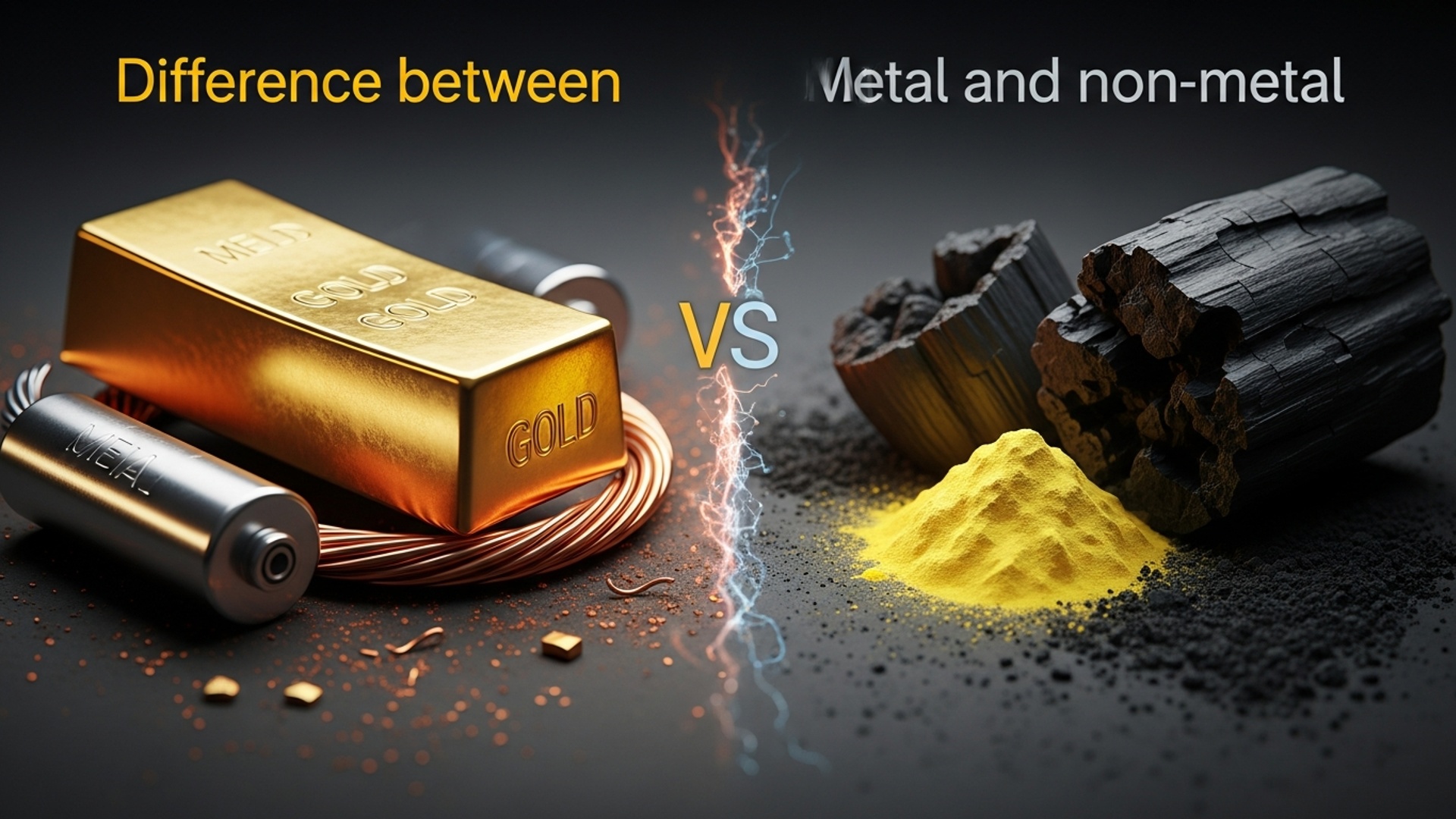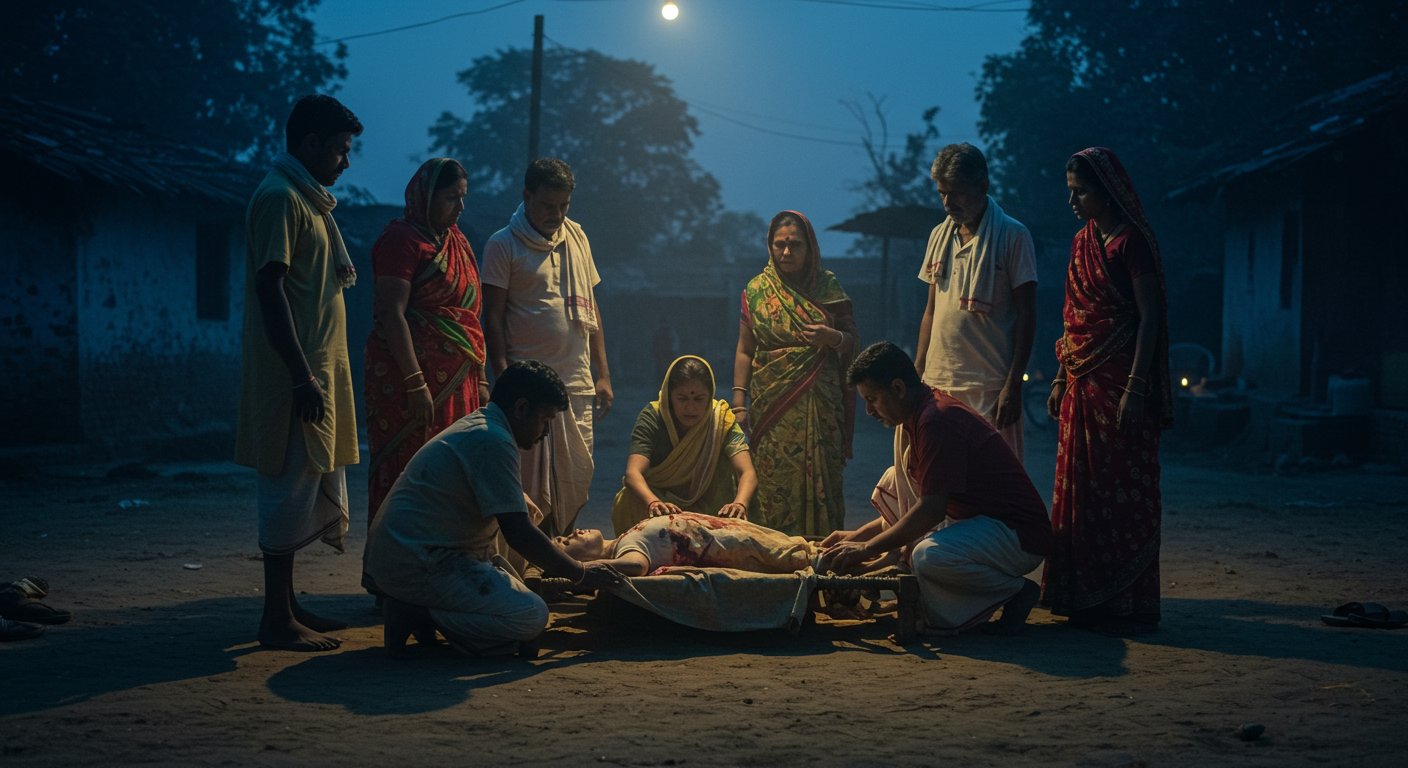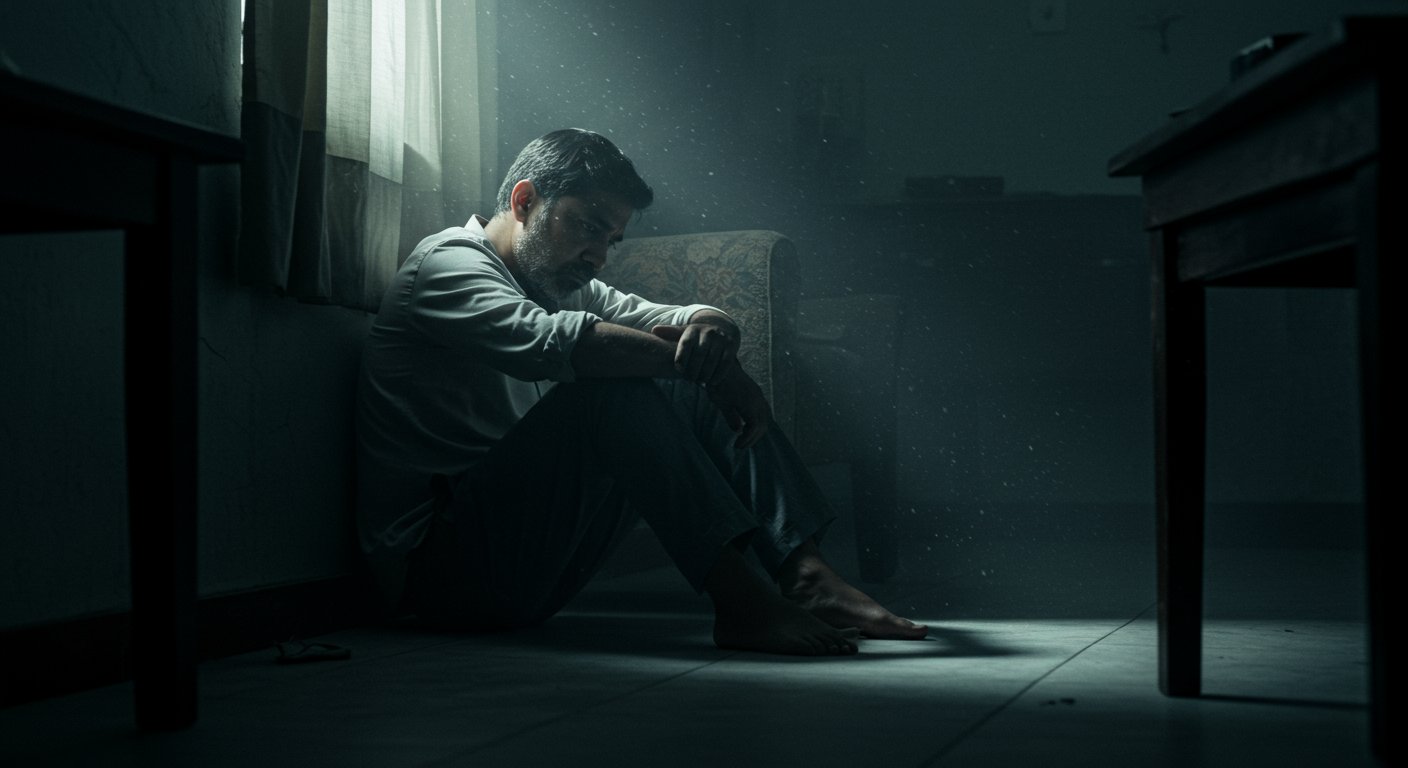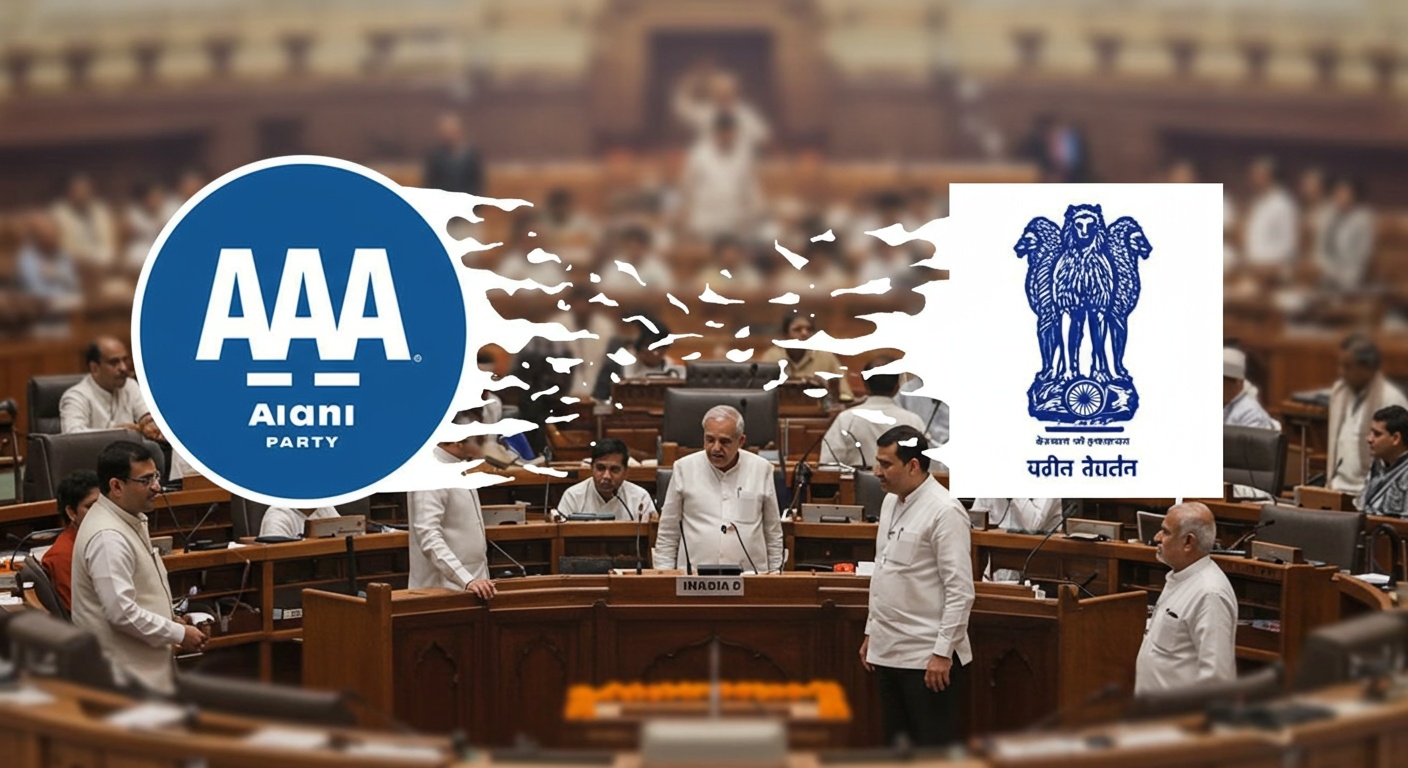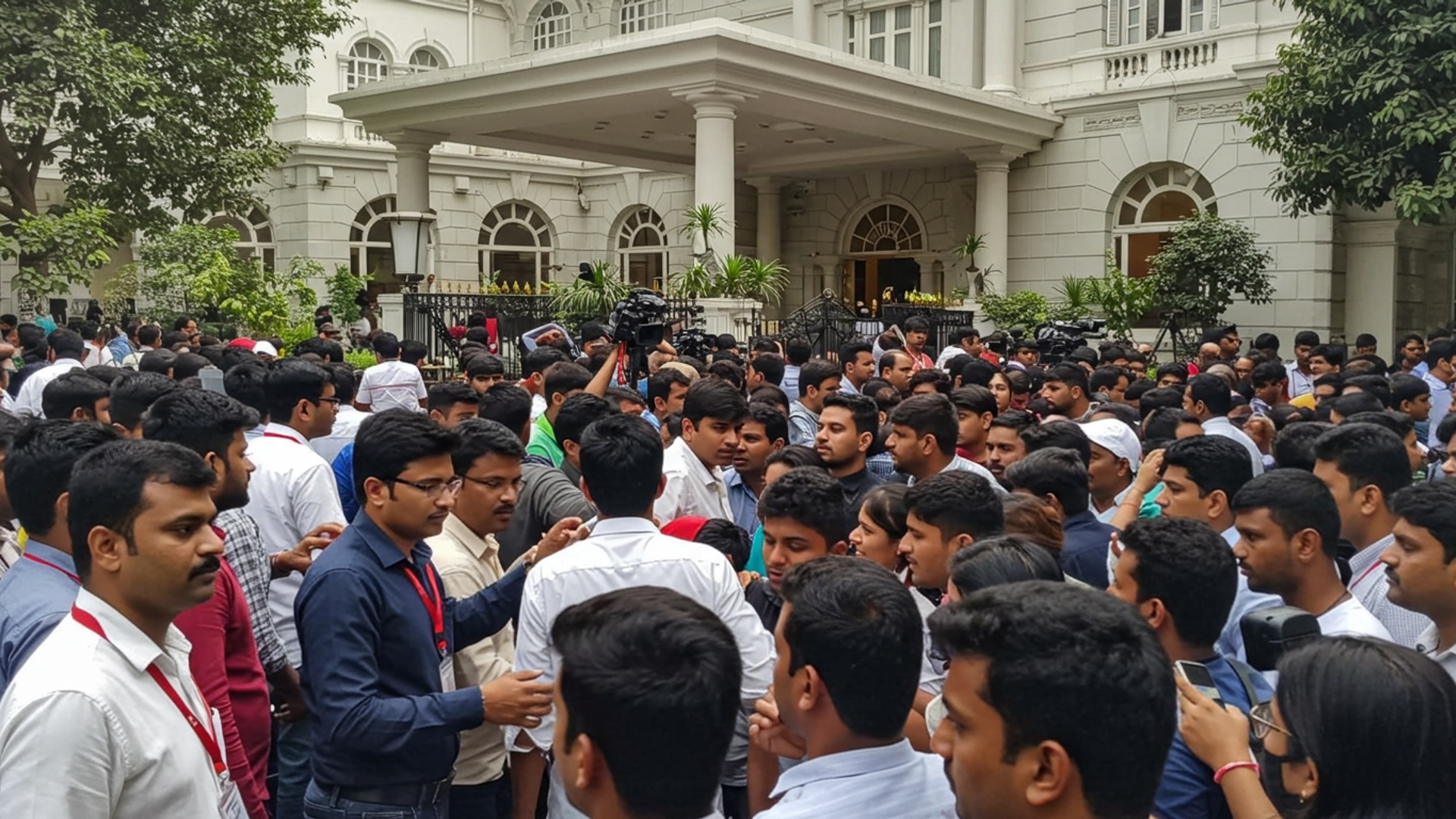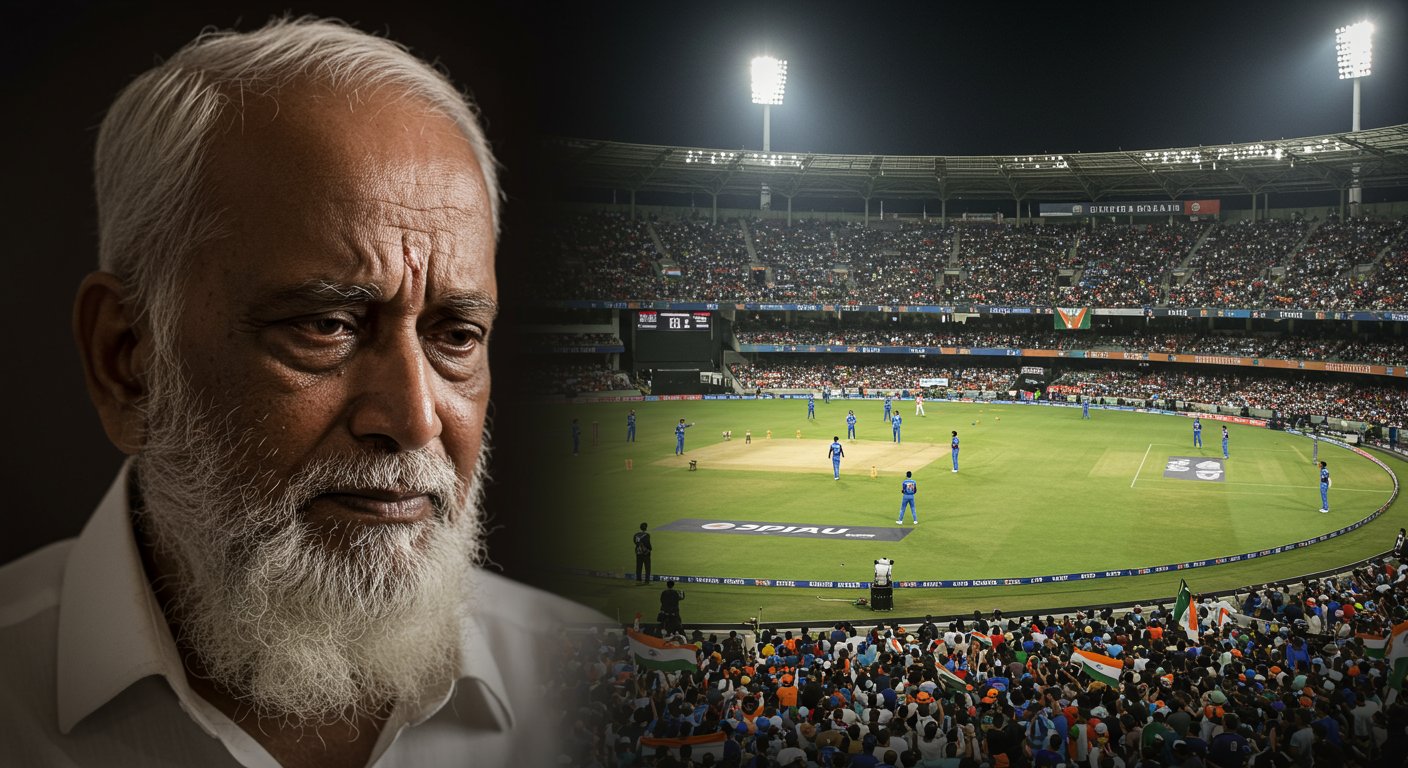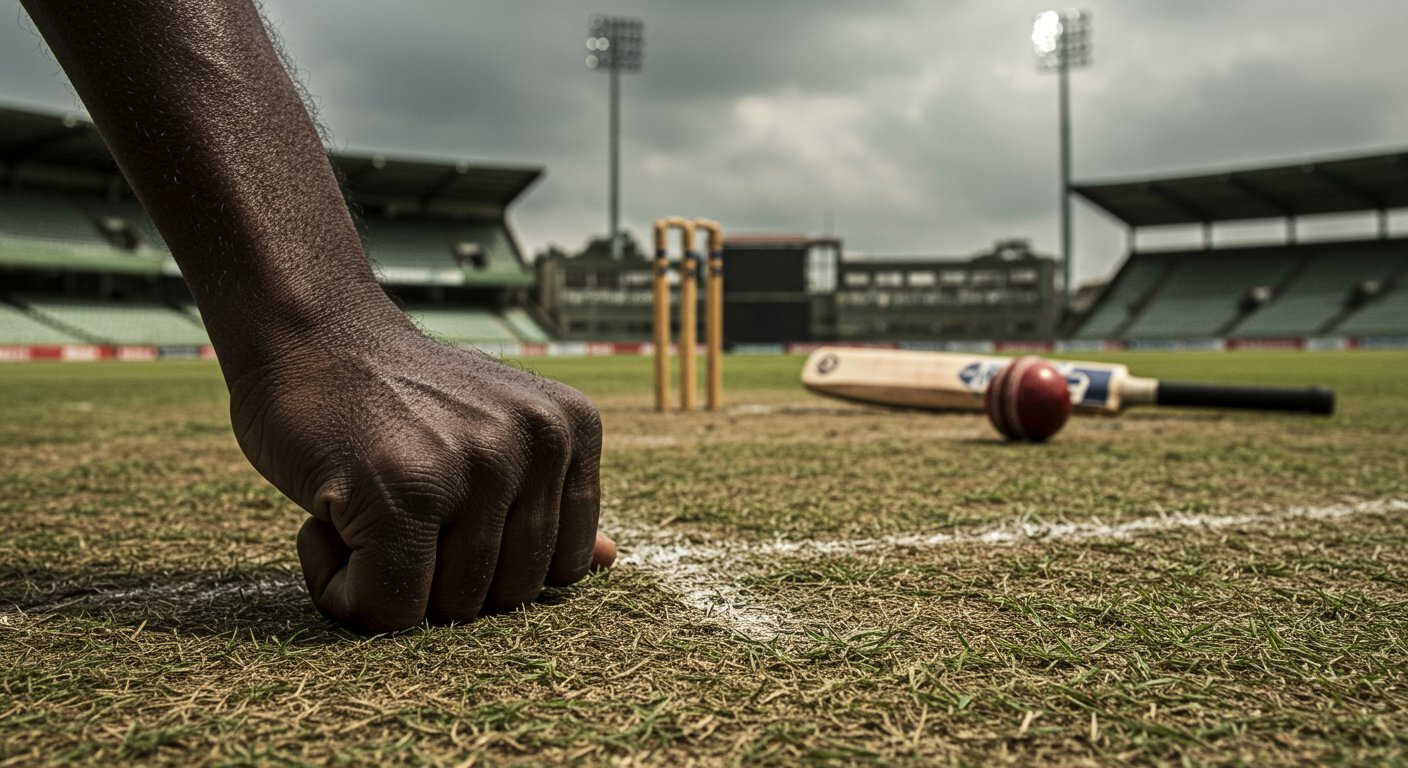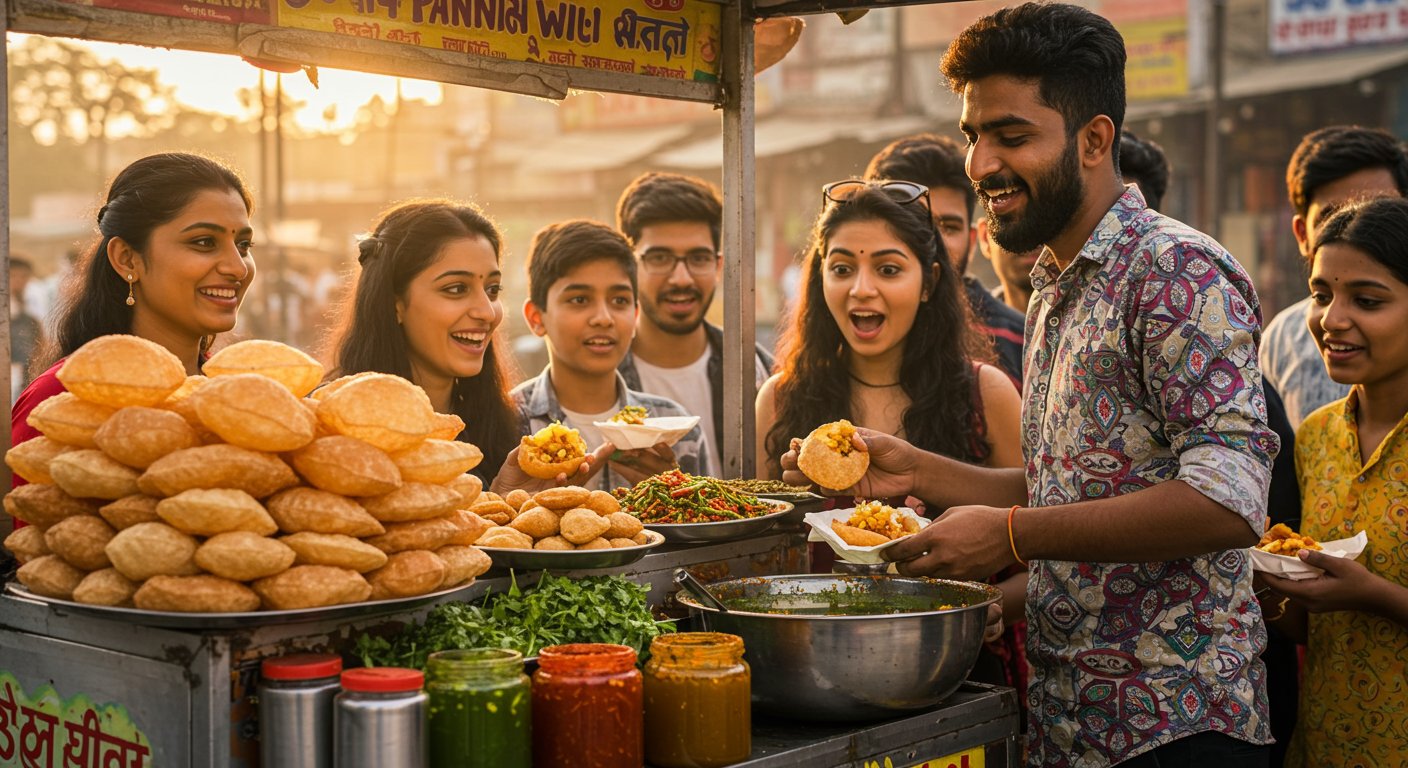Tamil Nadu Chief Minister M. K. Stalin boycotts a key event hosted by Governor R. N. Ravi today, sharply escalating the ongoing dispute over state powers. This significant move highlights the deepening rift between the state government and the central government’s representative, as tensions simmer over the Governor’s role and perceived interference in state matters. The boycott signals a strong protest against what the Dravida Munnetra Kazhagam (DMK) government views as an encroachment on state autonomy, bringing the long-standing federalism debate to a critical point. This bold action by the Chief Minister underscores a growing constitutional clash, raising serious questions about the balance of power in the Indian federal system.
Latest Boycott Highlights Growing Tensions
Tamil Nadu Chief Minister M. K. Stalin recently decided not to attend the traditional “At Home” reception hosted by Governor R. N. Ravi at the Raj Bhavan on August 15, 2025. This decision marks a clear increase in the ongoing disagreement between the state government and the Governor’s office. The Chief Minister’s office stated that the boycott was a protest against the Governor’s actions, which they believe are against the well-being and interests of the people of Tamil Nadu.
This is not an isolated event. Earlier, the state’s Higher Education Minister, K. Kovi Chezhiyan, also announced that he would not participate in upcoming university graduation events at Alagappa University and Thiruvalluvar University on August 18 and 19. This joint action by the Chief Minister and a key minister shows the depth of the state government’s frustration. The ruling Dravida Munnetra Kazhagam (DMK) party’s allies, including the Congress, Communist Party of India (Marxist), Communist Party of India, Viduthalai Chiruthaikal Katchi. Manithaneya Makkal Katchi, also joined the boycott of the Independence Day reception, showing a united front against the Governor.
Reasons Behind the Protest
The main reasons for the boycott are linked to what the state government sees as the Governor’s actions that go against the state’s authority and welfare. One major point of conflict is the Governor’s decision to send the Kalaignar University Bill to the President of India instead of approving it himself. This action has delayed the creation of the university in Kumbakonam. The proposed bill aims to change the role of the Chancellor of the university from the Governor to the Chief Minister.
Another issue comes from the Governor’s involvement in court matters. After the Supreme Court of India gave a historic decision about state university laws, a member of the Bharatiya Janata Party (BJP), Kutty alias Venkatachalapathy, challenged this in the Madras High Court. The High Court then paused the operation of nine laws that the Supreme Court had said were “deemed to have been assented to.” These laws were crucial because they aimed to give the state government, not the Governor, the power to appoint Vice-Chancellors in many state-run universities. The Tamil Nadu government then went to the Supreme Court to remove this pause. But, the Governor quickly filed a sworn statement in the Supreme Court, supporting the arguments made by the BJP member. The state government views this as clear evidence of the Governor’s political bias and partisan behavior.
Further adding to the tension was Governor Ravi’s speech on the eve of Independence Day. In his address, he spoke at length about the achievements of the Prime Minister and the central government but did not positively mention the Tamil Nadu government or Chief Minister Stalin. He also pointed out “very serious challenges” in Tamil Nadu, such as alleged unfair treatment in education and society for the poor, a worrying rise in suicide rates, increasing drug abuse among young people. a sharp increase in sexual crimes against women and children. In response, Tamil Nadu’s Local Administration Minister K. N. Nehru strongly criticized the Governor, calling him an “agent of Nagpur” and saying he was spreading false claims. Mr. Nehru argued that the Governor’s statements ignored official data showing Tamil Nadu’s strong economic growth and its leading position in education, gender equality. business.
Understanding the Roles of Governor and Chief Minister
The conflict in Tamil Nadu highlights the complex relationship between a state’s elected government and its Governor. In India, the Governor is the official head of the state, appointed by the President of India, which effectively means by the central government. But, the actual power to make and carry out decisions lies with the Chief Minister and their Council of Ministers, who are elected by the people of the state.
“The Governor exercises the executive powers in a State under Article 154 of the Constitution of India and aided by the advice of the Chief Minister and his council of Ministers. The Chief Minister and his council of Ministers is appointed by the Governor and enjoy office at his pleasure under Article 164 of the Constitution. But the real power is exercised by the Chief Minister so long as he enjoys majority support in the State Legislative Assembly. The Governor is a ceremonial head except when the State is under the President’s Rule under Article 356 of the Constitution.”
This division of power can lead to friction, especially when the state government and the central government are led by different political parties. Governors are often seen as representatives of the central government. there have been many instances where state governments, particularly those not aligned with the central ruling party, have accused Governors of overstepping their constitutional limits.
Supreme Court Interventions and Federal Principles
The current standoff is not new; it is part of a larger, ongoing debate about federalism in India. The DMK party has a long history of advocating for more autonomy for states and true federalism, a stance that dates back to the 1960s. The party believes that the Governor’s position has often been used to weaken the autonomy of state governments.
The Supreme Court has recently stepped in to clarify the Governor’s powers regarding bills passed by state assemblies. In April 2025, the Supreme Court delivered a significant ruling concerning bills in Tamil Nadu that had been held back by Governor Ravi. The court stated that if a Governor holds back approval for a bill, they must return it with a message within three months. If the assembly passes the bill again and sends it back, the Governor has only one month to give assent. If the Governor chooses to send a bill to the President, this must also be done within three months. The court also made it clear that Governors do not have absolute power over bills and must act based on the advice of the elected Council of Ministers.
“The Supreme Court verdict on the Governor withholding assent to 10 Bills passed by the State Assembly was a victory for federalism… ‘I am proud to say that Tamil Nadu has given to the States freedom from the Union government. The verdict has ensured that the powers of the State will be protected,’ said Chief Minister M. K. Stalin.”
This Supreme Court decision was widely seen as a victory for state rights and federalism. Chief Minister Stalin himself praised it as such. But, despite this ruling, new disputes continue to arise, as seen with the Kalaignar University Bill and the Governor’s affidavit in the ongoing court case.
Similar Situations in Other States
The tension between the Chief Minister and the Governor in Tamil Nadu is part of a wider pattern seen in other states across India, particularly in those ruled by opposition parties. For instance, on the same Independence Day, Kerala’s Chief Minister Pinarayi Vijayan and his cabinet also boycotted their Governor’s “At Home” reception. Their reasons were similar, stemming from ongoing disputes over university appointments and other matters related to state governance. In West Bengal, Chief Minister Mamata Banerjee also showed her displeasure by refusing to sit next to the Governor at an Independence Day event, breaking protocol.
These repeated boycotts and public displays of disagreement highlight a growing concern about the balance of power between the central government and state governments in India’s federal system. The role of the Governor, meant to be a link between the Union and the State, is increasingly becoming a point of contention, leading to questions about the healthy functioning of democracy and the autonomy of elected state governments. The situation in Tamil Nadu serves as a key example of these deeper issues that continue to shape the federal structure of the country.
The ruling DMK government argues that the central government is using the Governor’s office to undermine elected state governments, especially in states where different political parties are in power. They insist that such actions are not only against federal principles but also go against the spirit of the Indian Constitution.
The state government has consistently emphasized that federalism requires the central government to respect the powers of the states and not create unnecessary hurdles in their functioning. They argue that when states are forced to constantly fight for their rights and funds, it affects overall development. This ongoing friction suggests that the debate over state powers and the Governor’s role will continue to be a central theme in Indian politics.
![]()
